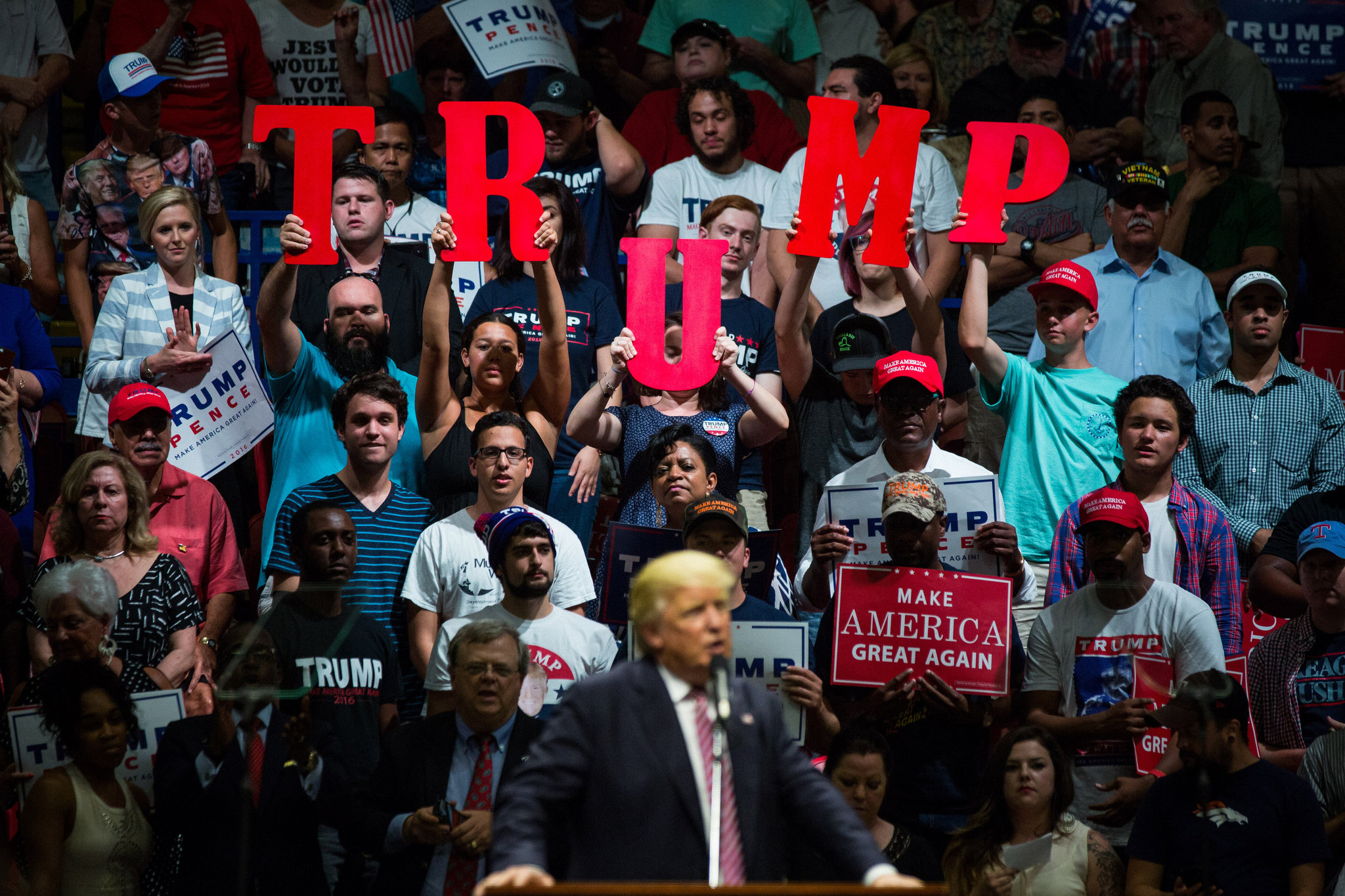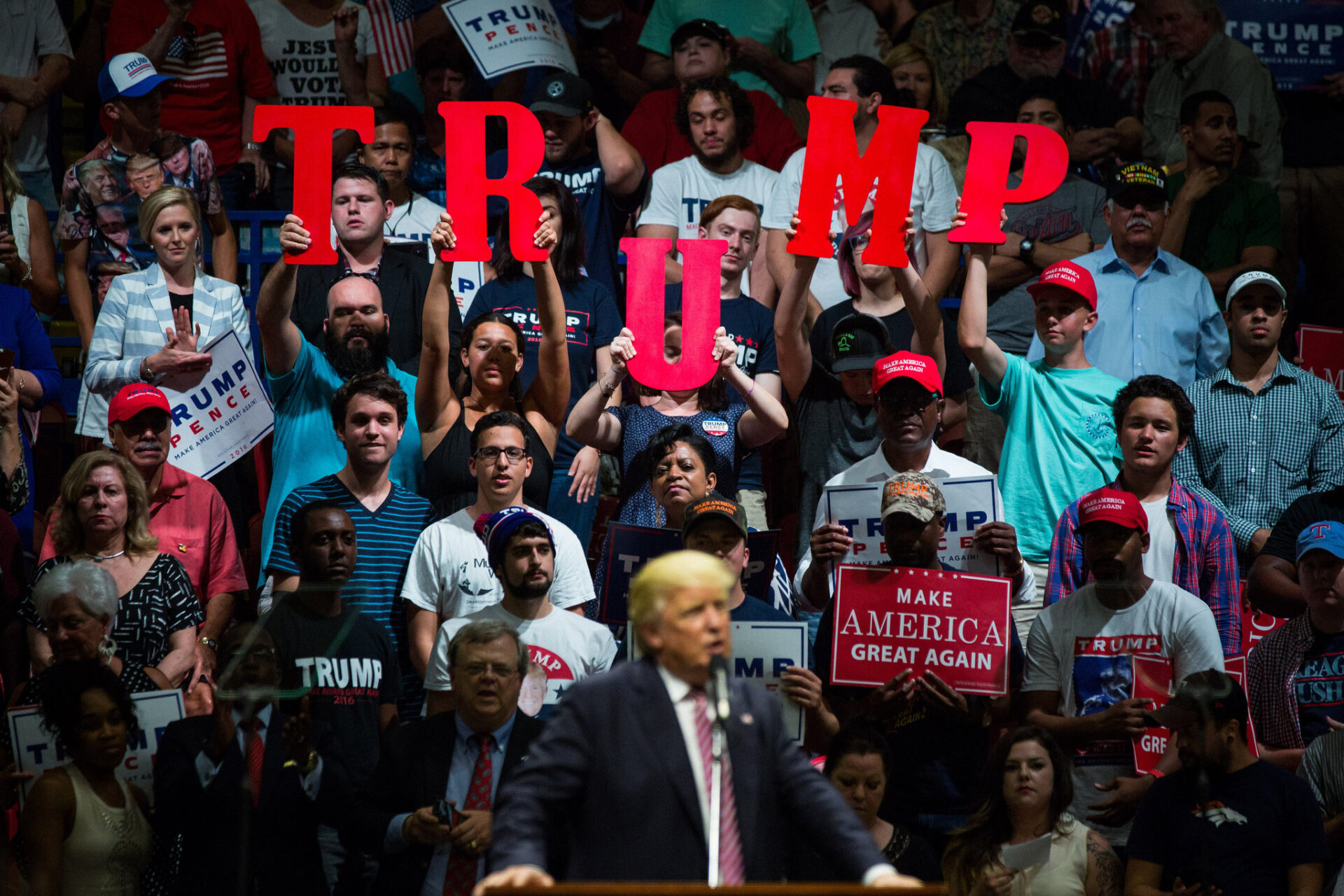 Understanding why some African Americans and Africans support former President Donald Trump requires exploring the specific policies, rhetoric, and socio-political contexts that resonate with certain segments of these communities. While support is not universal and opinions are deeply varied, several factors help explain why some individuals see Trump’s policies and leadership style as aligned with their interests or values.
Understanding why some African Americans and Africans support former President Donald Trump requires exploring the specific policies, rhetoric, and socio-political contexts that resonate with certain segments of these communities. While support is not universal and opinions are deeply varied, several factors help explain why some individuals see Trump’s policies and leadership style as aligned with their interests or values.
For African Americans, the support for Trump can often be attributed to economic policies, criminal justice reform, and business-friendly initiatives. Trump’s administration emphasized economic growth and low unemployment, including historically low unemployment rates among African Americans before the COVID-19 pandemic. This created a perception among some supporters that Trump’s policies were beneficial for job creation and wealth accumulation within the community. Additionally, the First Step Act, a bipartisan criminal justice reform bill signed by Trump in 2018, addressed issues like sentencing reform and early release for nonviolent offenders, which some African American communities saw as a long-overdue response to mass incarceration.
Another area of appeal is Trump’s vocal advocacy for entrepreneurialism and self-reliance, values that resonate with many African American business owners. Trump’s administration pushed for Opportunity Zones, which were intended to incentivize investment in economically distressed areas through tax benefits, appealing to those who value community-driven economic improvement and opportunities for wealth-building. While the effectiveness of these zones has been debated, the messaging around economic empowerment resonated with individuals looking for avenues to uplift their communities independently of government aid.
In terms of African support, Trump’s foreign policy stance, specifically his position on non-interventionism and a more pragmatic approach to international alliances, appealed to some African audiences. While the U.S.-Africa policy under Trump was relatively limited compared to prior administrations, Trump’s stance on respecting national sovereignty and promoting direct economic partnerships over aid was appealing to leaders and individuals who prioritize African autonomy and self-sufficiency. This approach aligns with a preference for trade over traditional aid, a model seen as a path to long-term, sustainable development rather than dependency.
Additionally, Trump’s tough stance on China has been noted by some Africans who view China’s influence on the continent with caution. As African nations increasingly engage in trade with China, concerns over economic dependency and resource exploitation have emerged. Trump’s criticisms of China resonated with individuals who fear that Africa’s relationship with China could be one-sided. While Trump’s approach to foreign policy was often isolationist, his administration’s concerns about China’s growing influence found a receptive audience among those in Africa who advocate for diversified international partnerships.
Trump’s emphasis on conservative values, including religious freedom and family-centric policies, has also resonated within African and African American communities that hold deeply rooted conservative beliefs. Many African societies are culturally conservative, and some African Americans also value traditional beliefs, particularly those related to religious practices. Trump’s willingness to discuss faith openly and align with Christian values appeals to voters who view moral and religious integrity as central to leadership.
However, it’s essential to note that support for Trump is far from uniform among African Americans or Africans. Many within these communities are critical of Trump’s policies and rhetoric on various grounds, including immigration, social equity, and public health management. Nonetheless, for those who do support him, Trump’s stances on economic empowerment, religious freedom, and national sovereignty present a set of values and policy approaches that align with specific community interests and aspirations.
By : Jide Adesina


